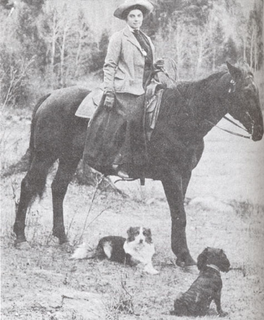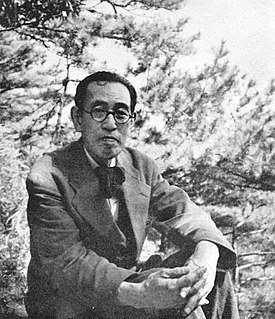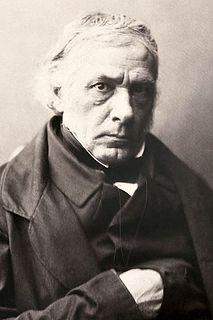A Quote by John Dryden
Related Quotes
It seems to me that it was well said by Madama Serenissima, and insisted on by your reverence, that the Holy Scripture cannot err, and that the decrees therein contained are absolutely true and inviolable. But I should have in your place added that, though Scripture cannot err, its expounders and interpreters are liable to err in many ways; and one error in particular would be most grave and most frequent, if we always stopped short at the literal signification of the words.
Gradually, ... the aspect of science as knowledge is being thrust into the background by the aspect of science as the power of manipulating nature. It is because science gives us the power of manipulating nature that it has more social importance than art. Science as the pursuit of truth is the equal, but not the superior, of art. Science as a technique, though it may have little intrinsic value, has a practical importance to which art cannot aspire.
Art on the contrary sought this harmony in practice [of art itself]. More and more in its creations it has given inwardness to that what surrounds us in nature, until, in Neo-Plasticism, nature is no longer dominant. This achievement of balance may prepare the way for the fulfillment of man and signal the end of (what we call) art.
We are conscious of an animal in us, which awakens in proportion as our higher nature slumbers. It is reptile and sensual, and perhaps cannot be wholly expelled; like the worms which, even in life and health, occupy our bodies. Possibly we may withdraw from it, but never change its nature. I fear that it may enjoy a certain health of its own; that we may be well, yet not pure.







































